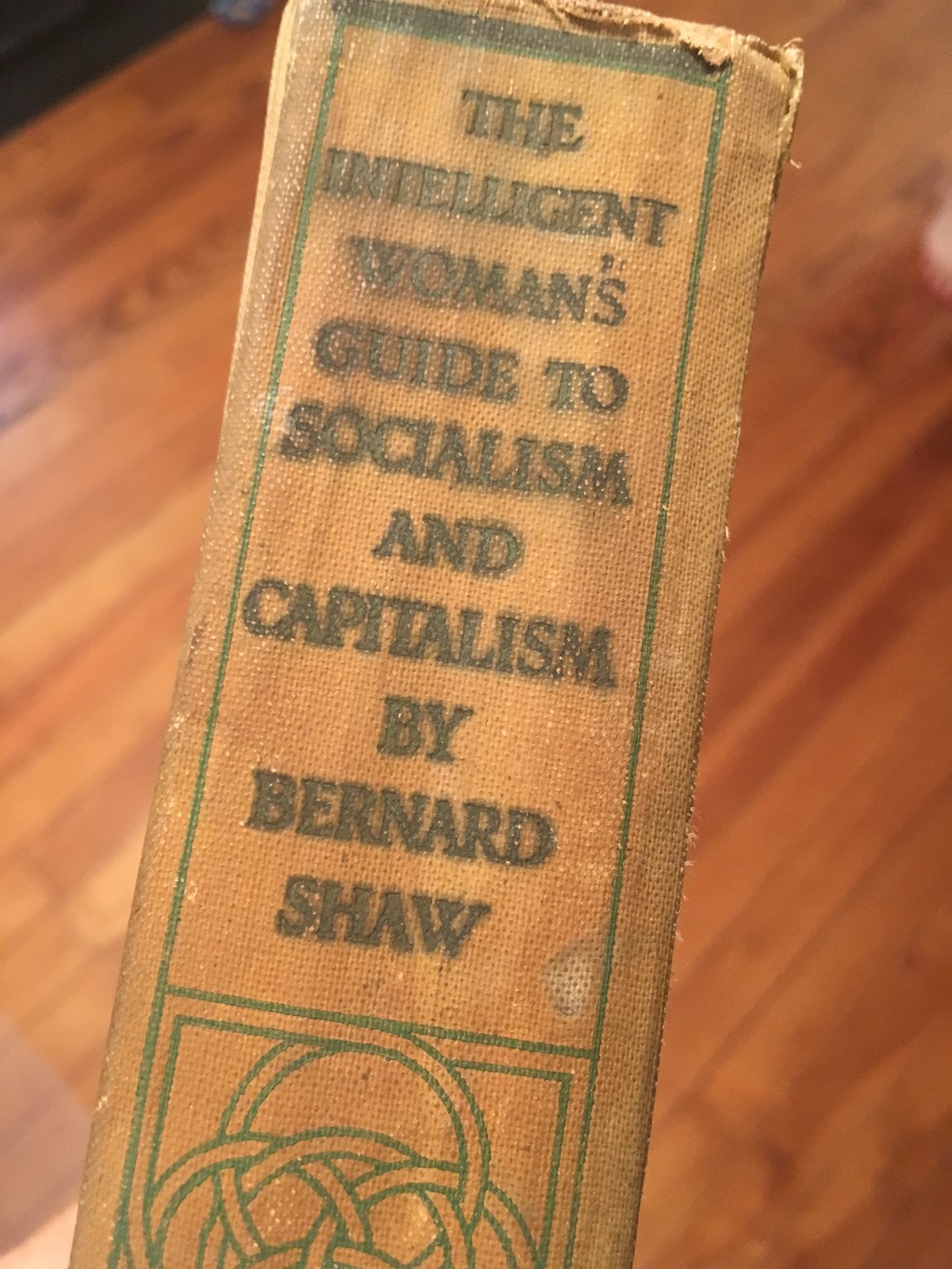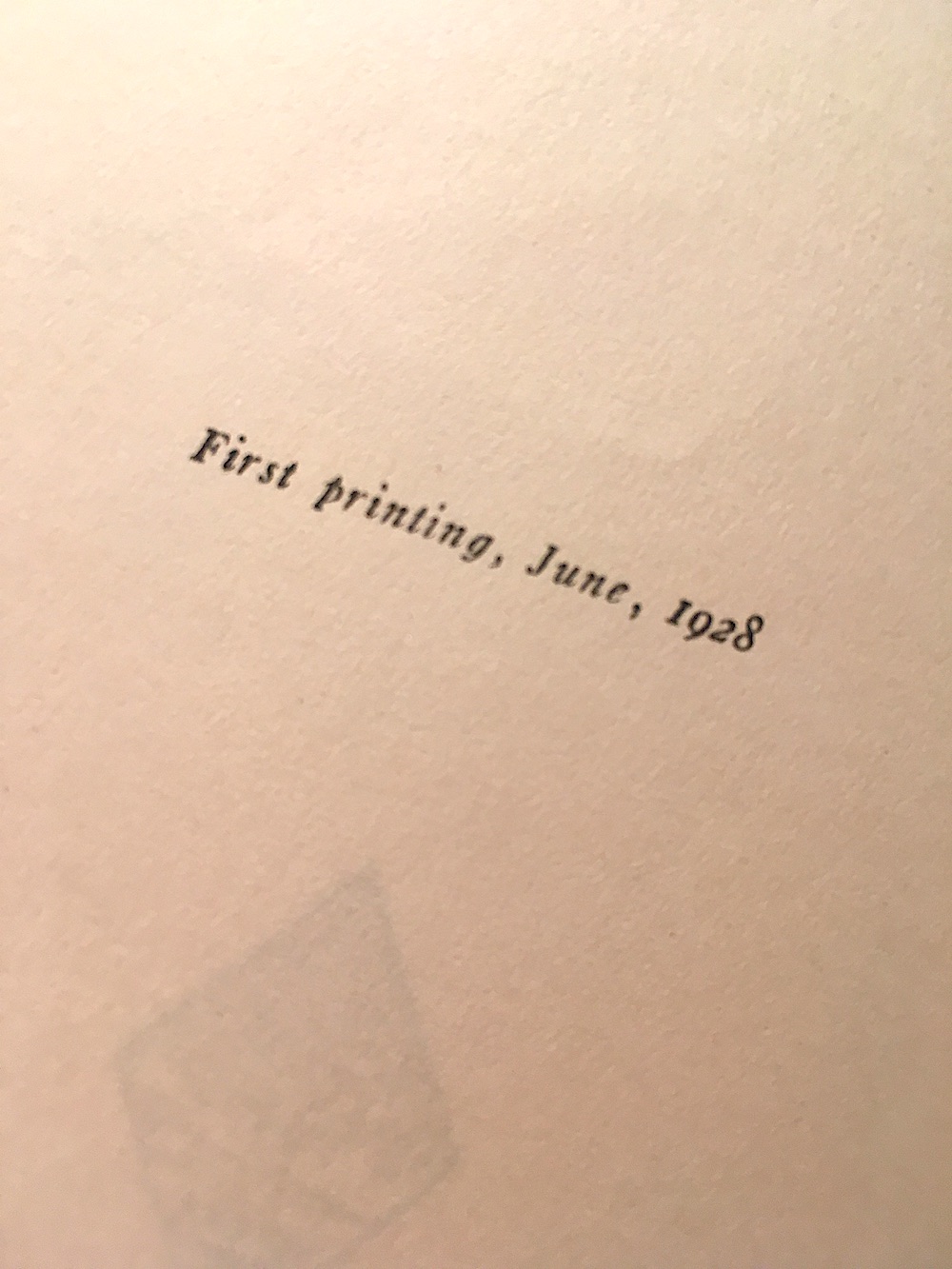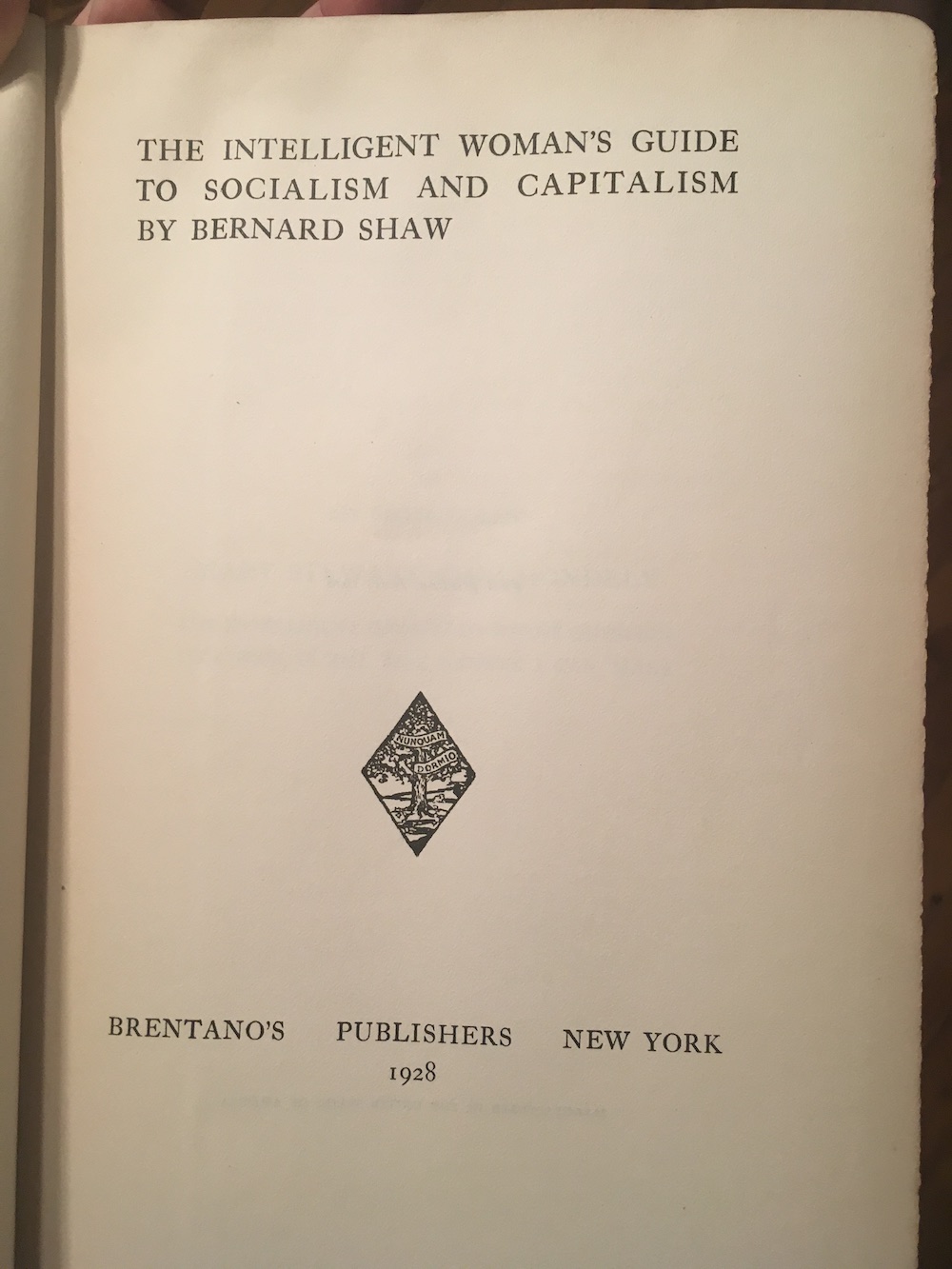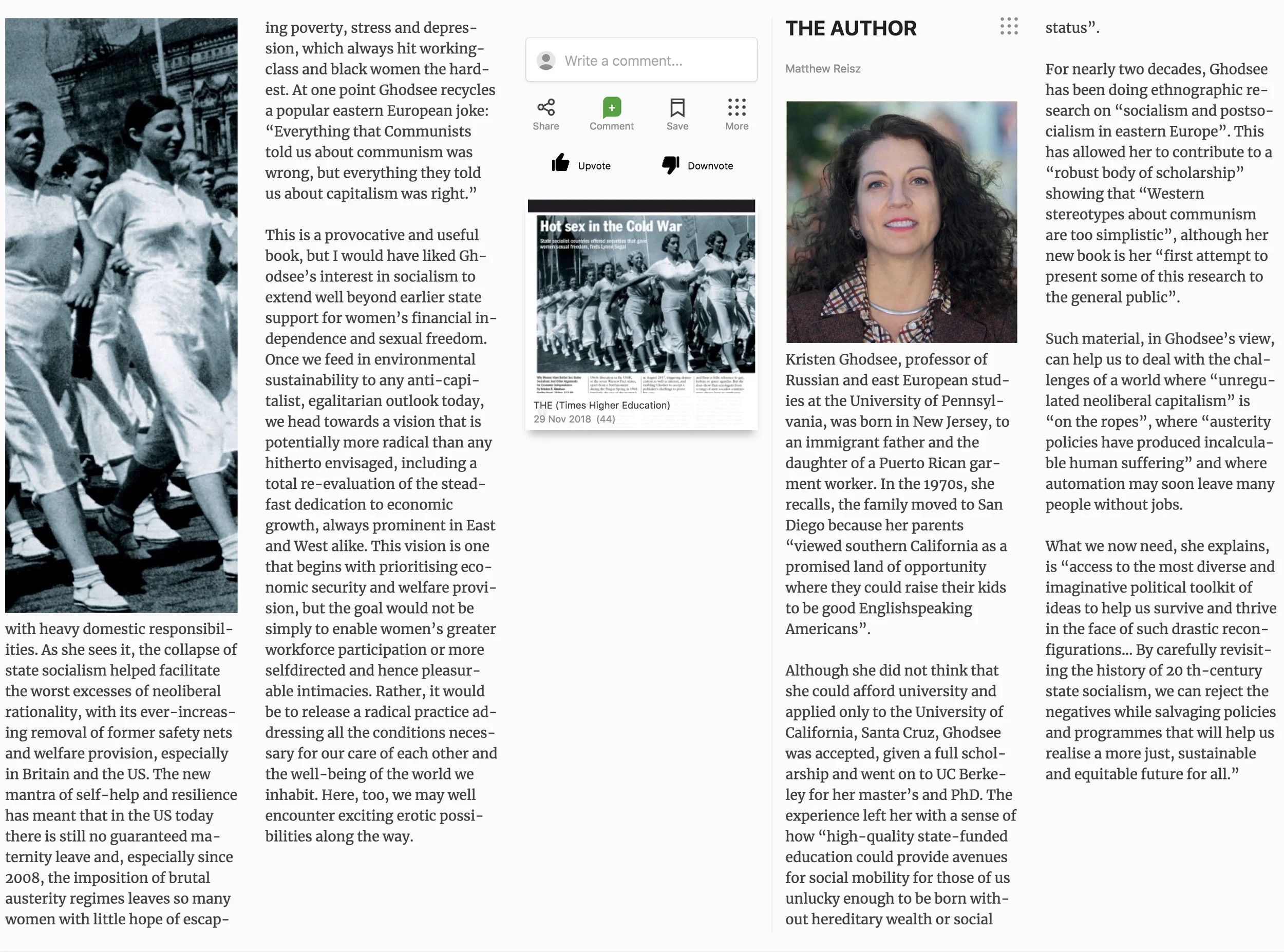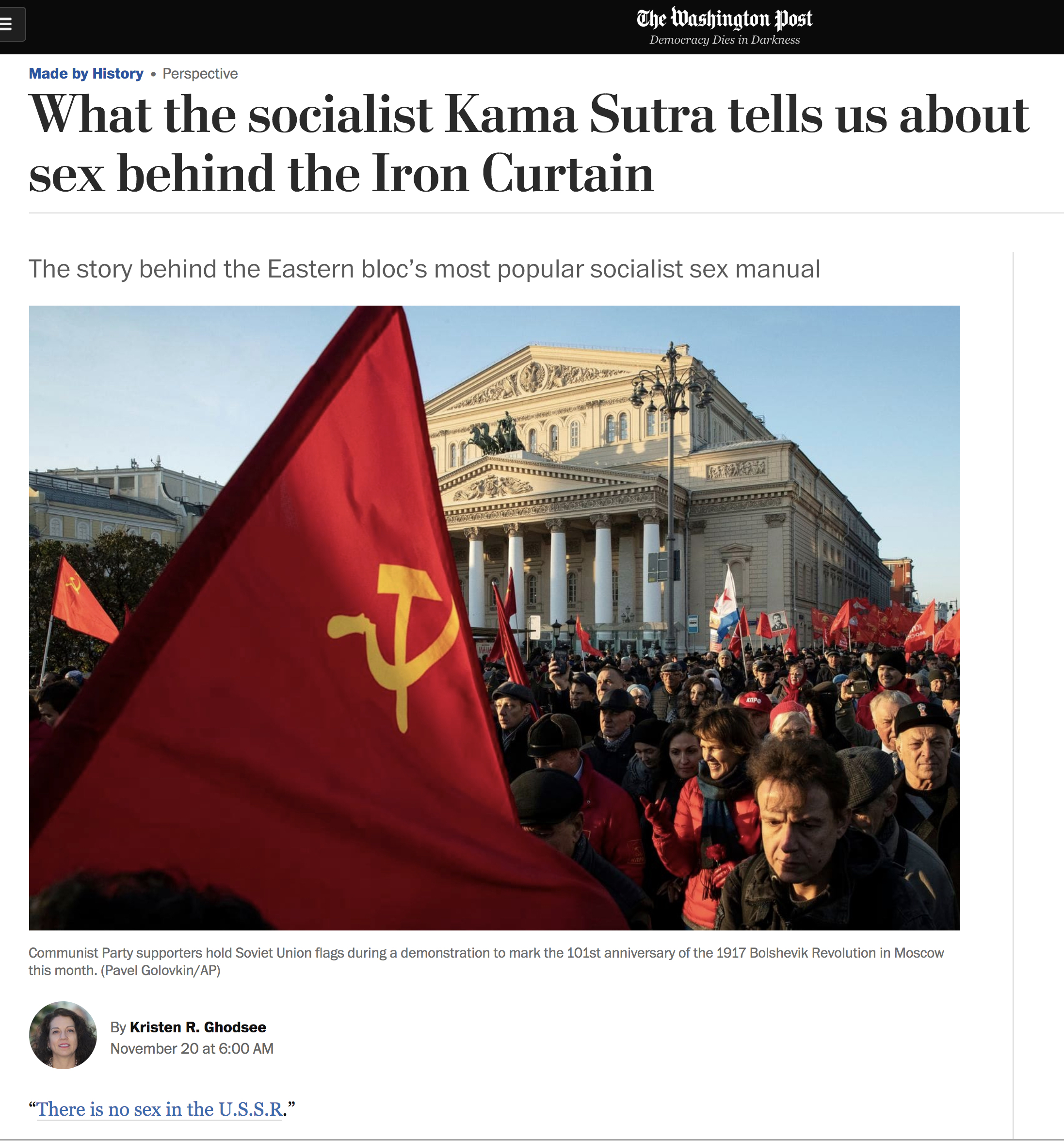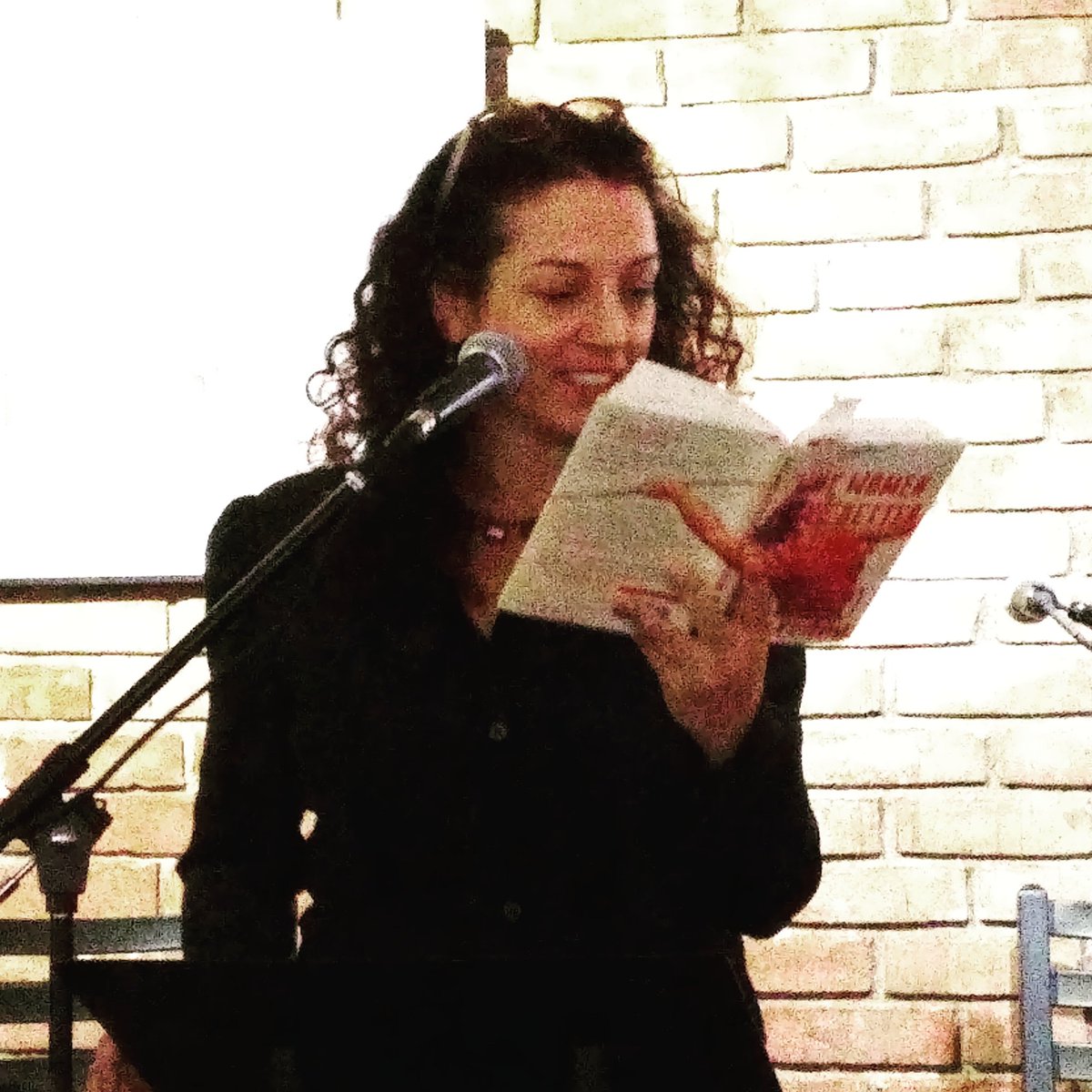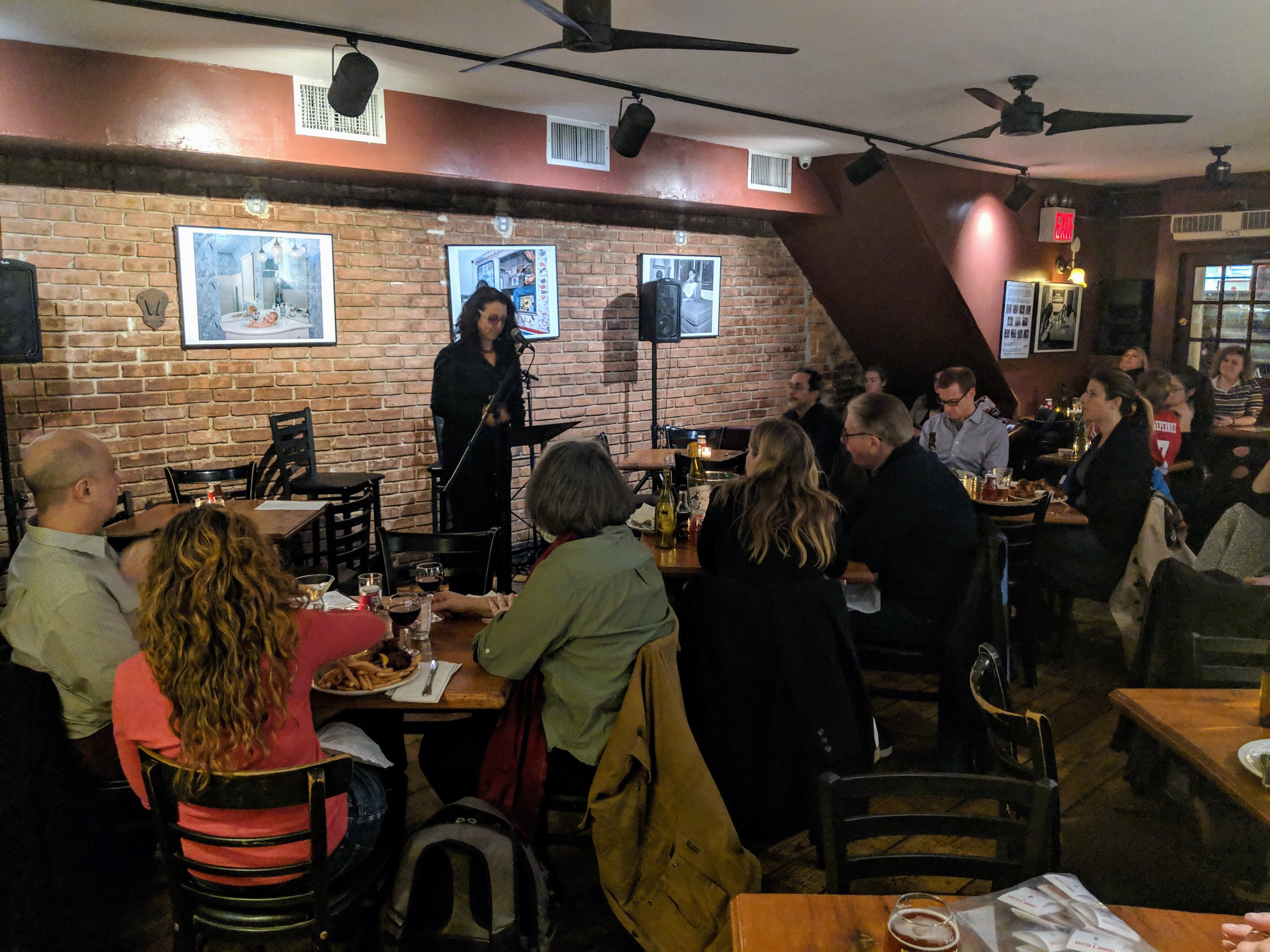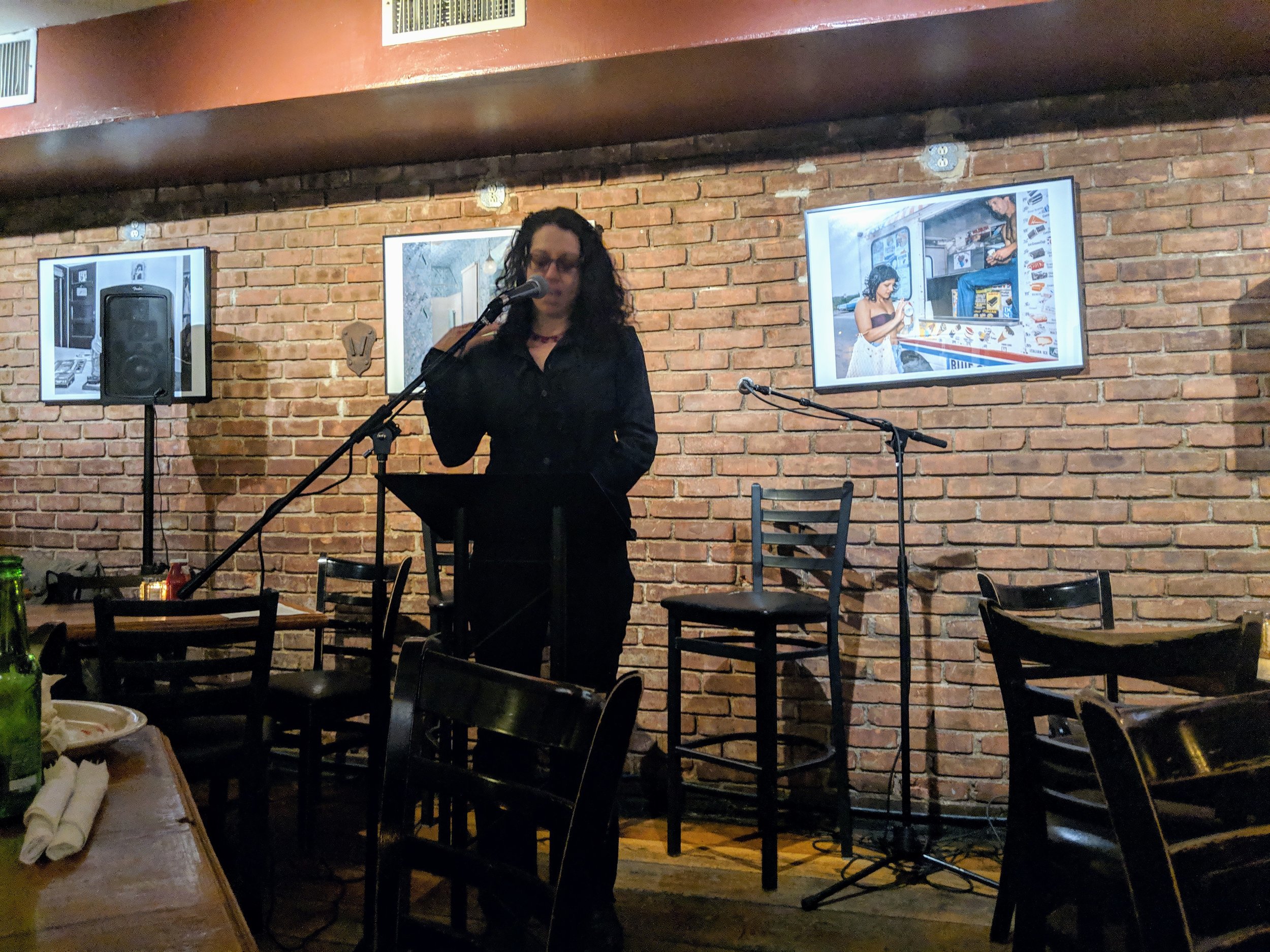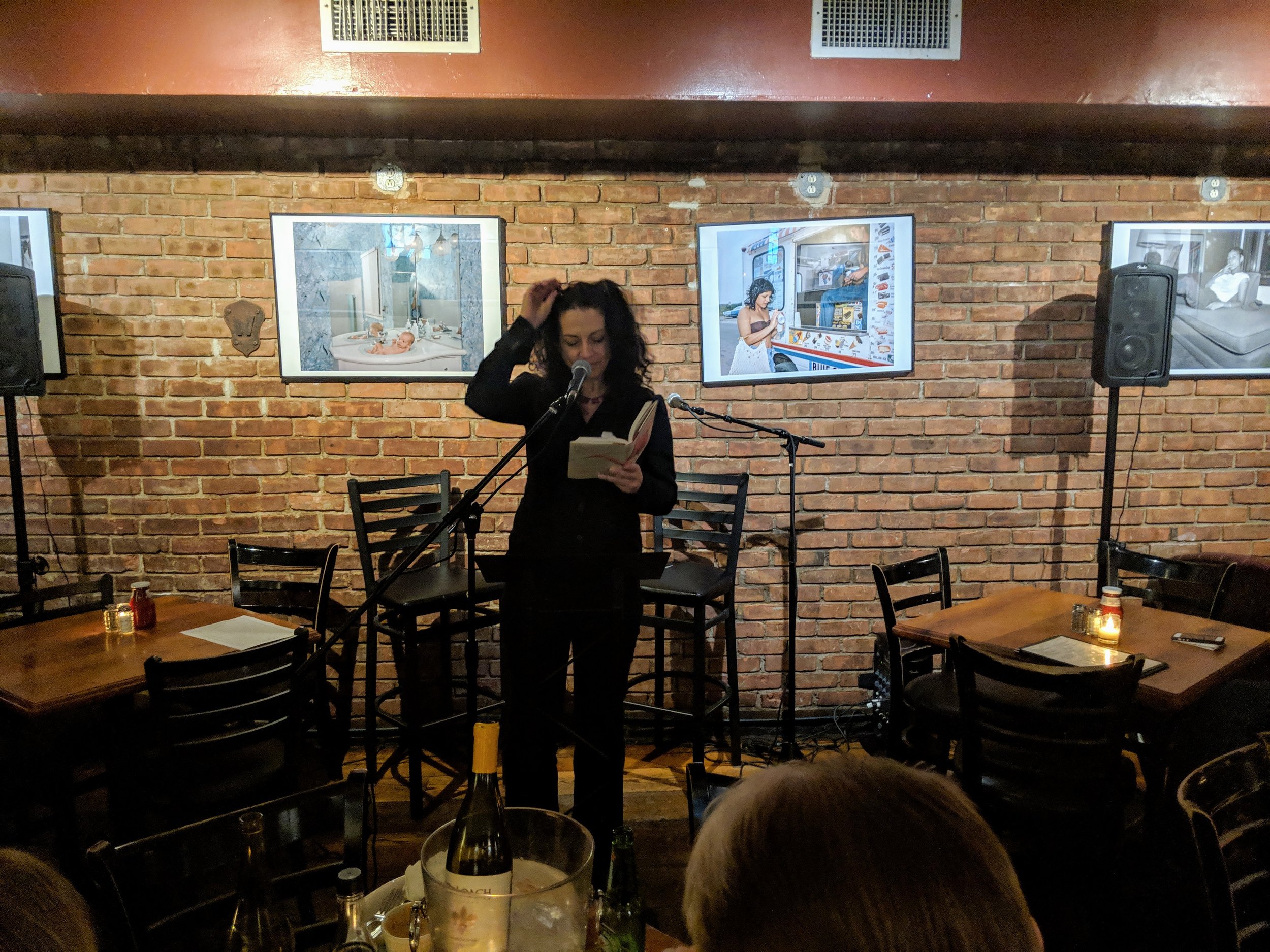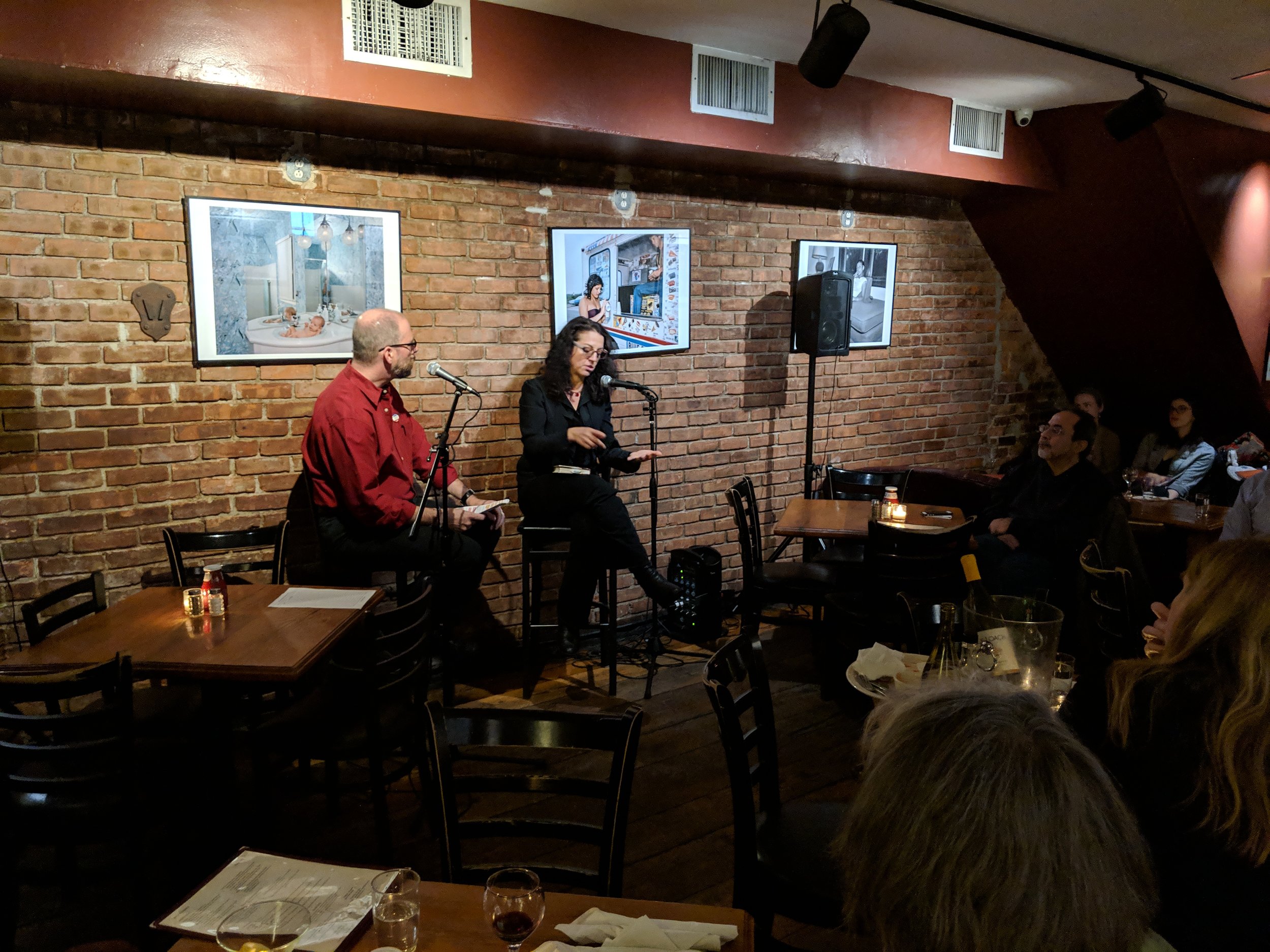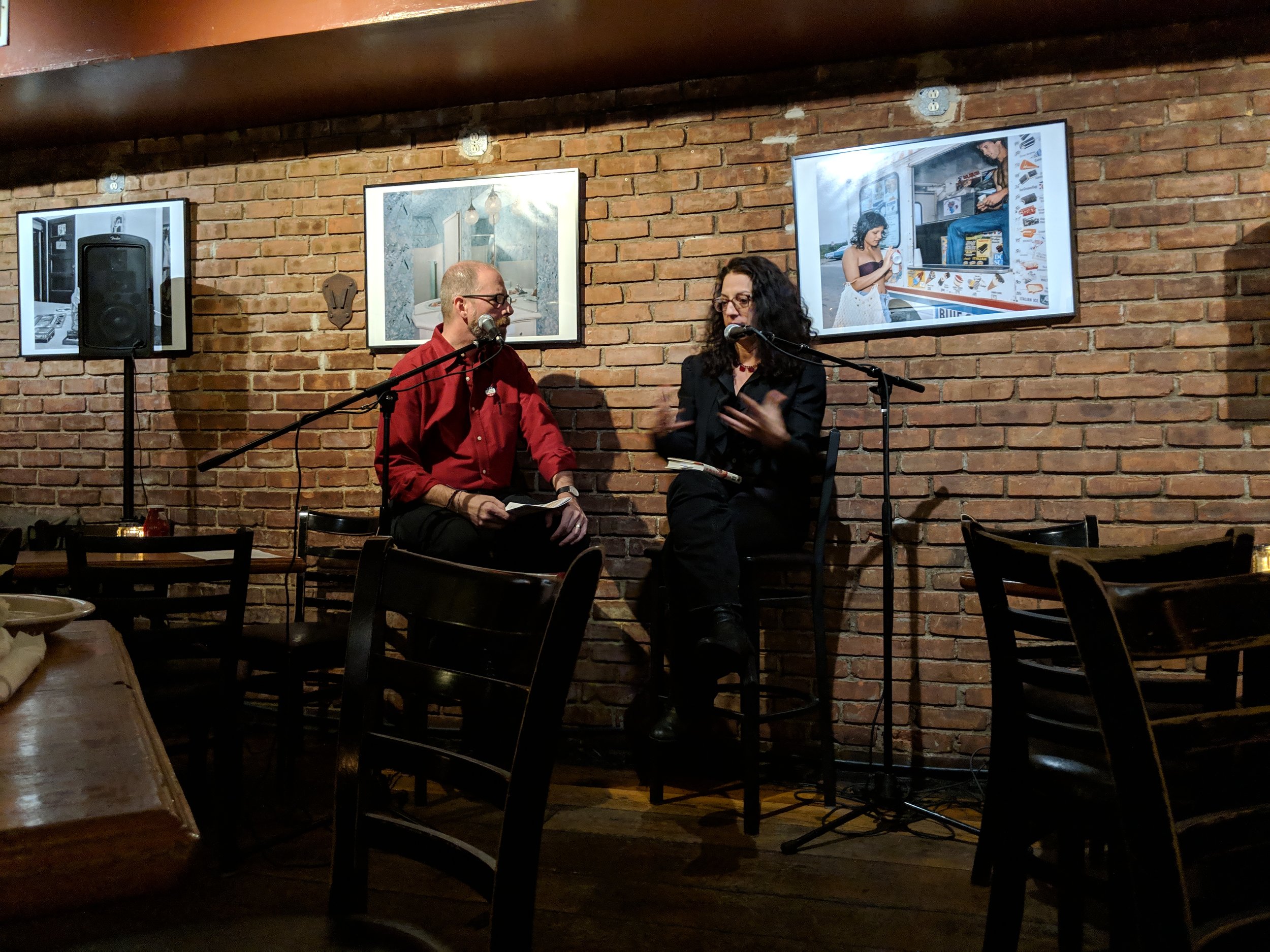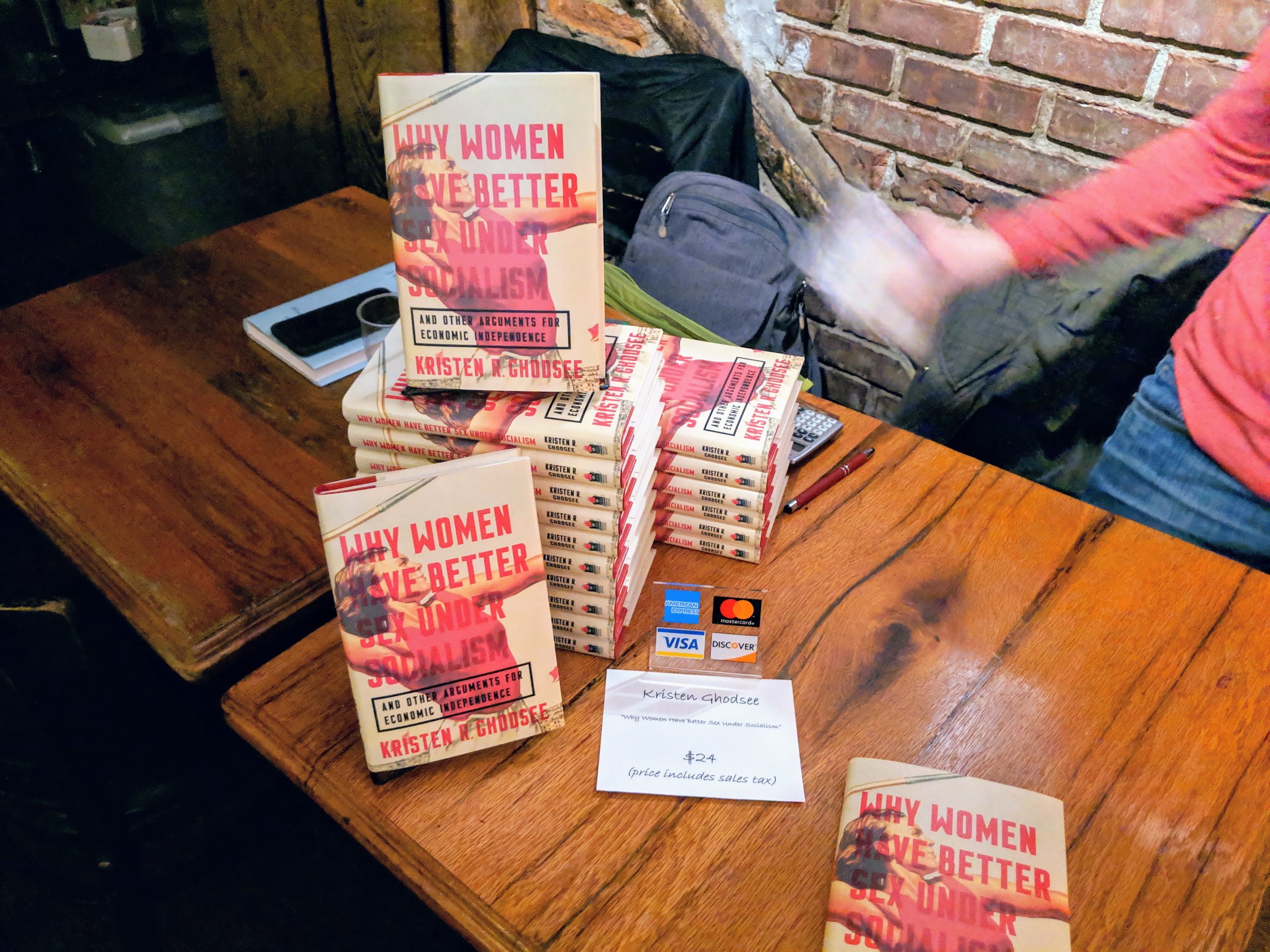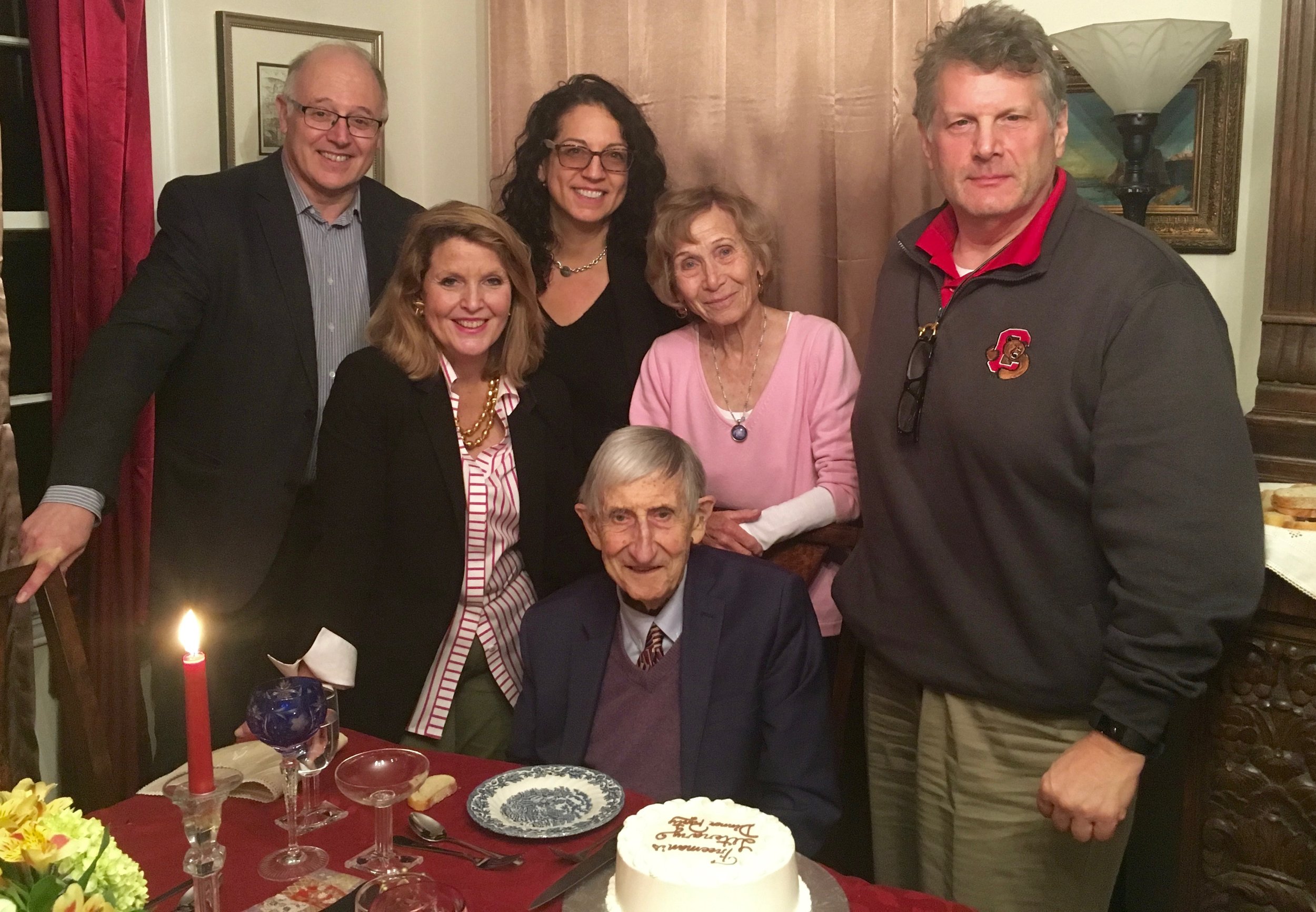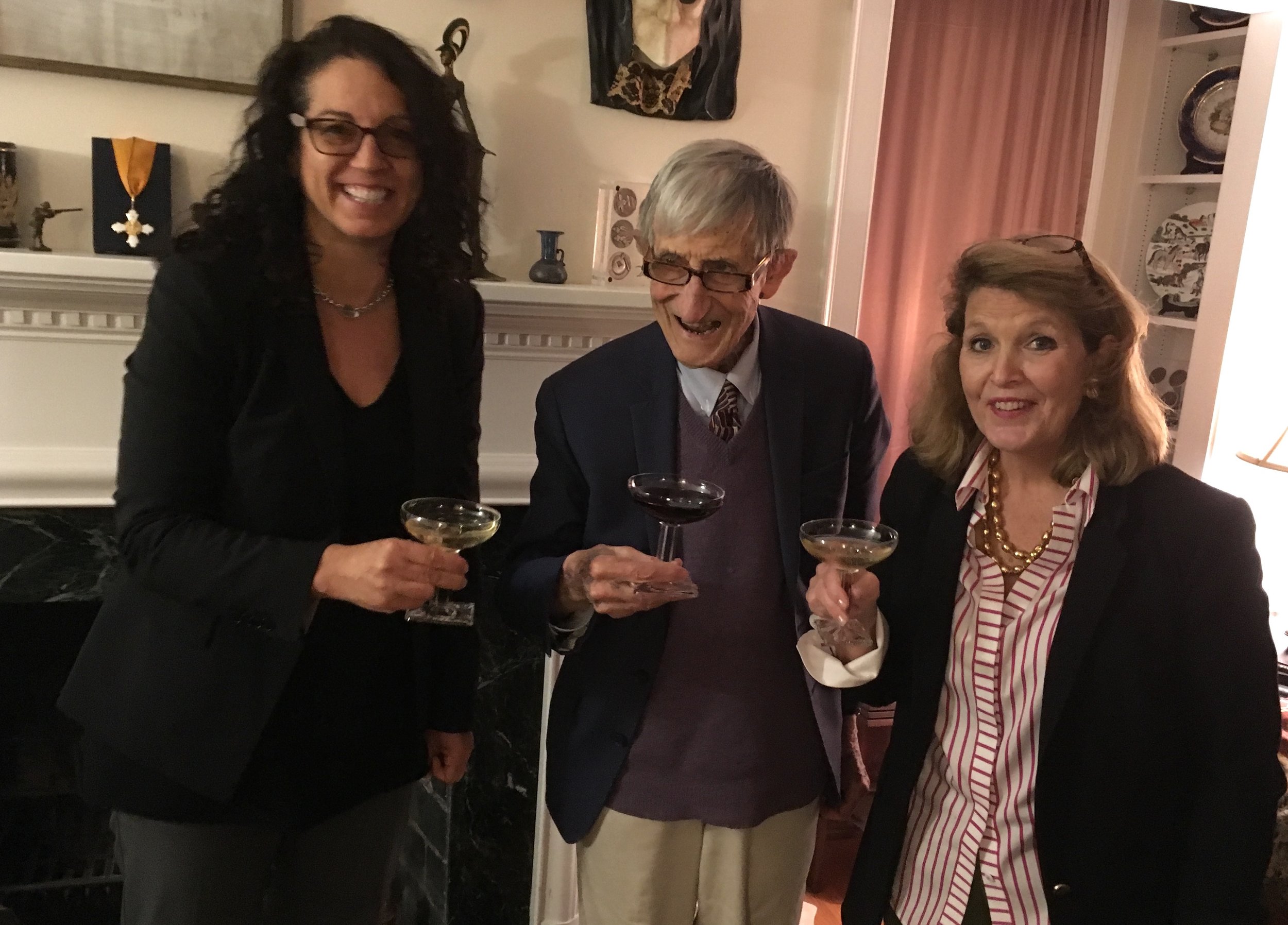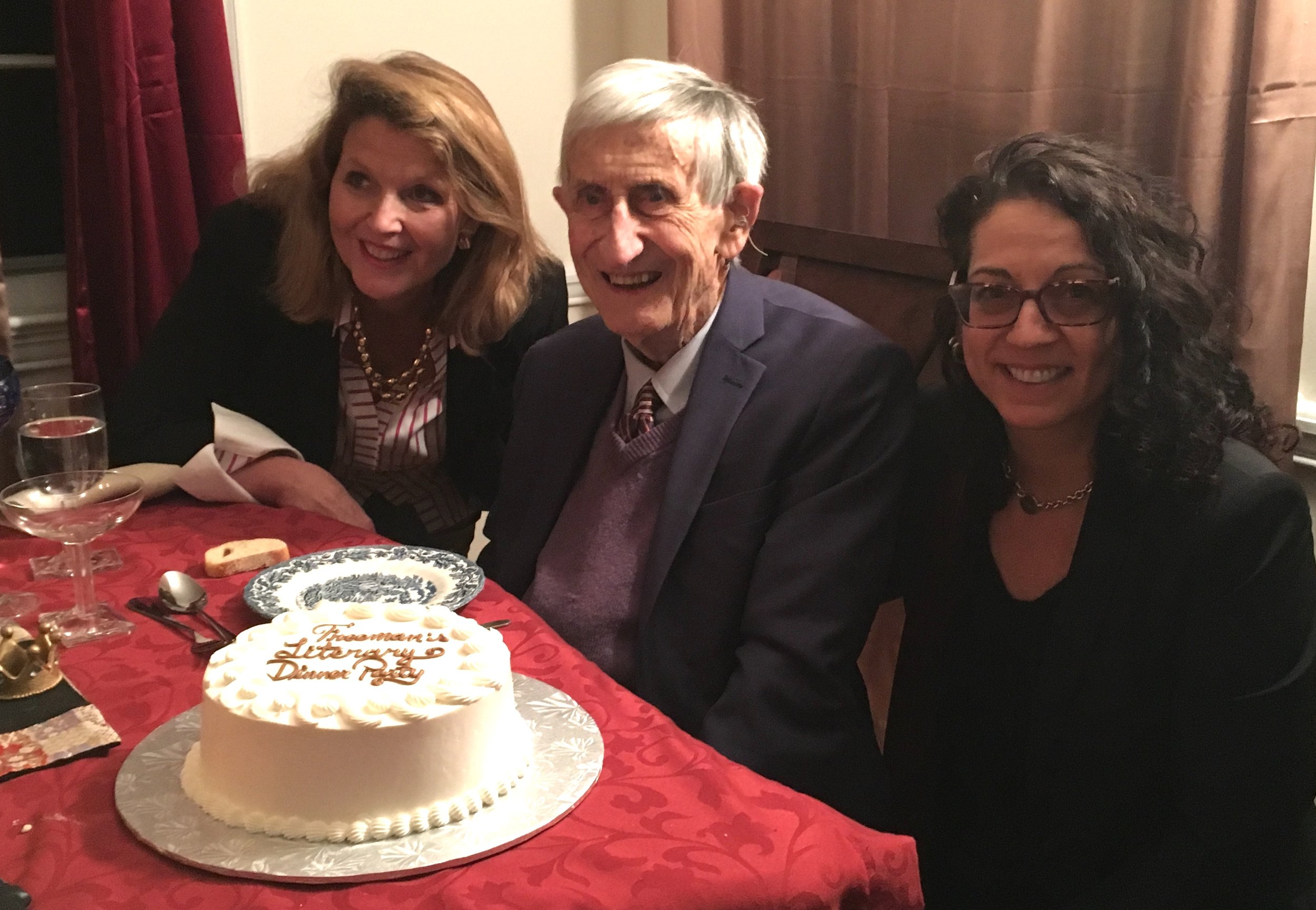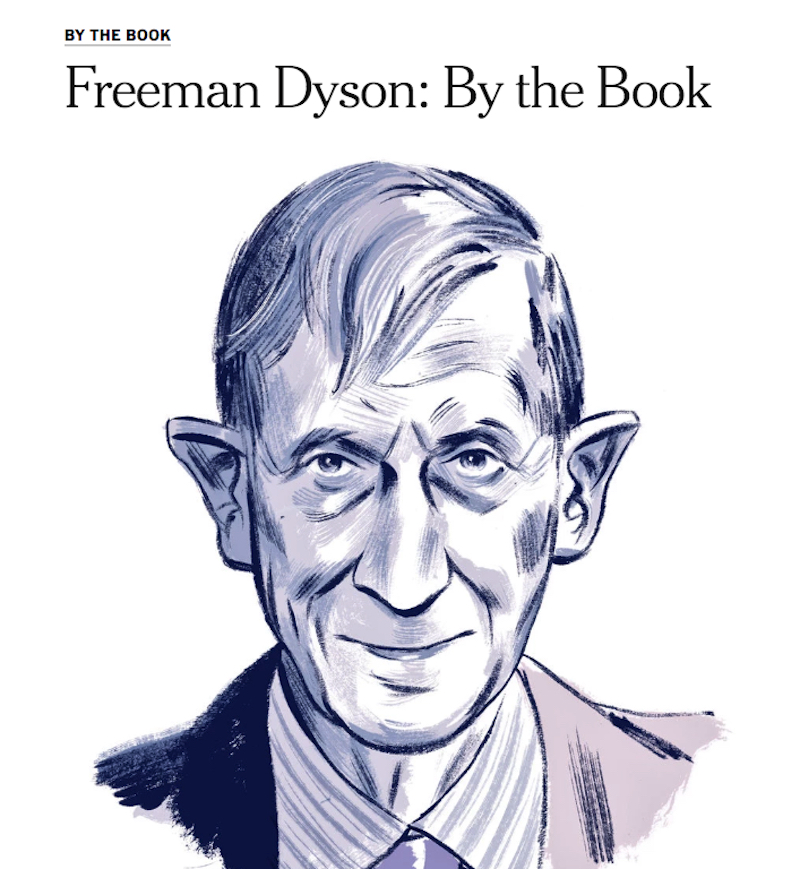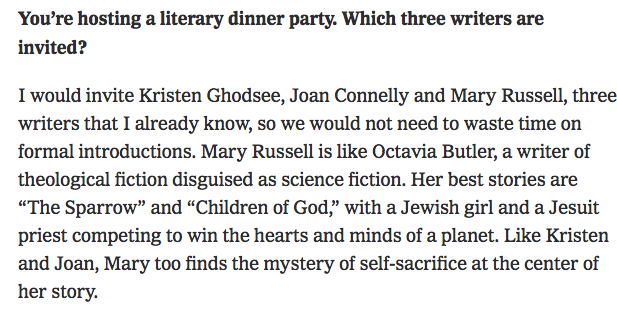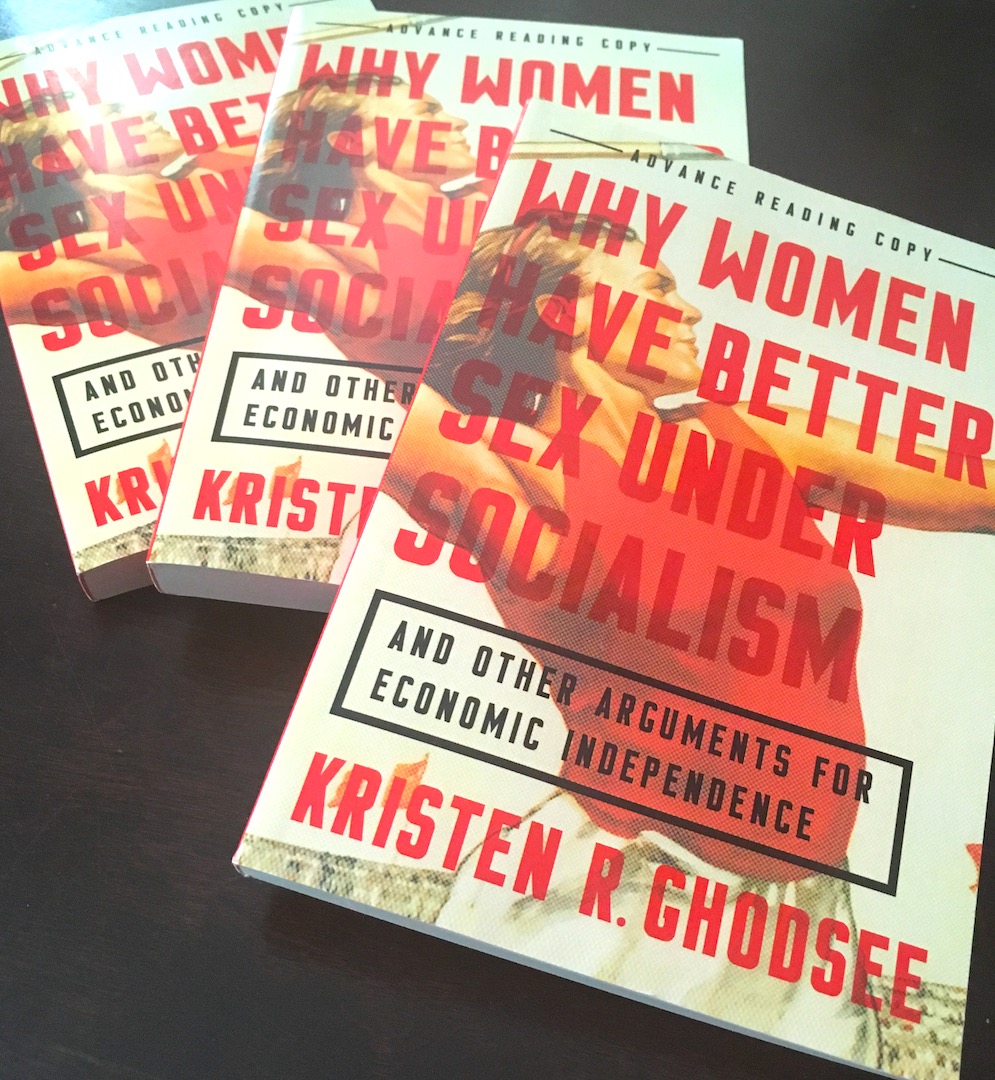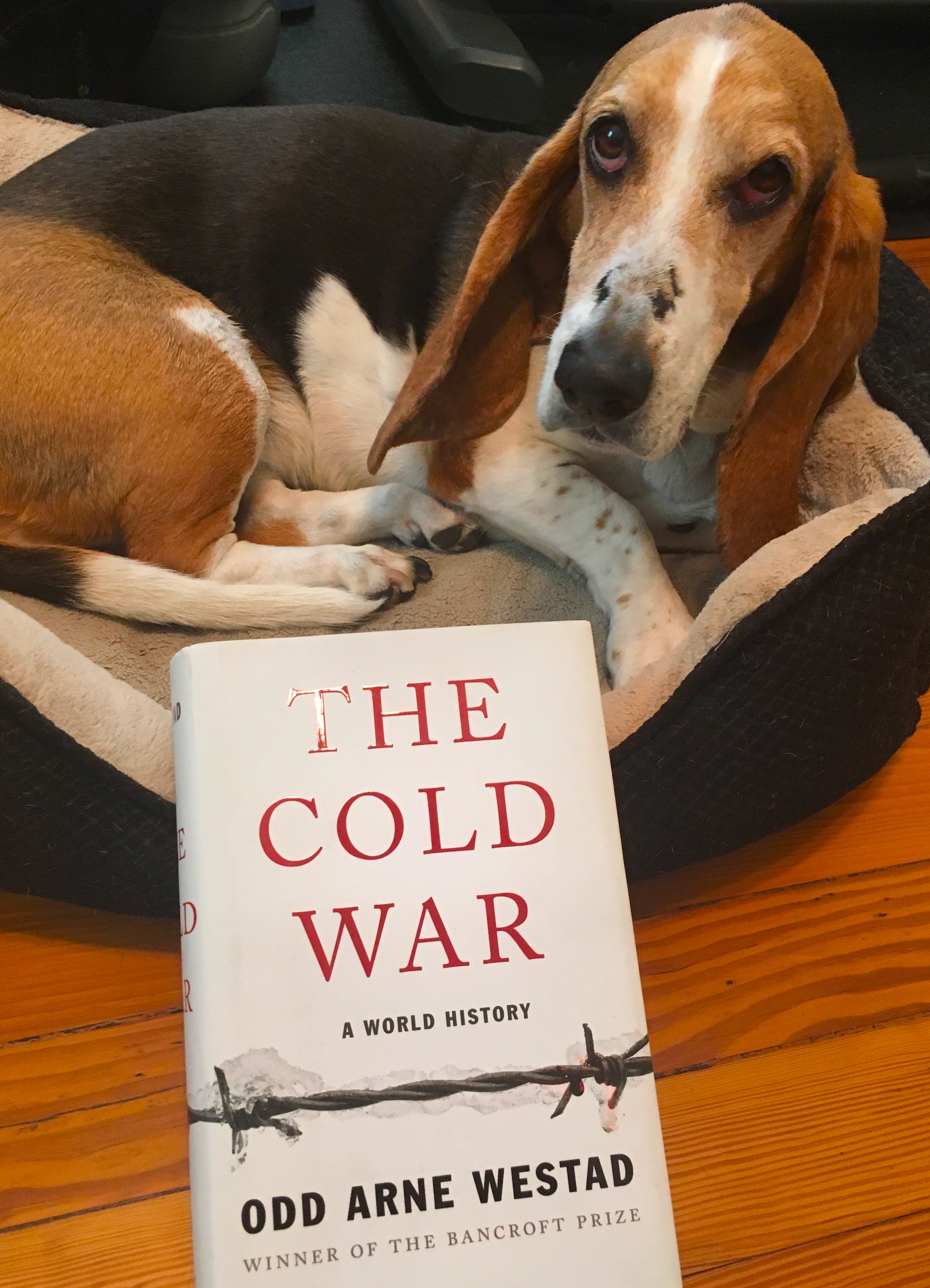So this actually happened on Thursday last, but because the review was behind a paywall, I was only now able to figure out how to download it using Factiva. I am so grateful to Lynne Segal for her thoughtful and generous review. I am thrilled that people understand the value of revisiting the state socialist past.
The Book of the Day in the UK's Observer!
Interview with Dahlia Balcazar
Thanks to Dahlia Balcazar of Bitch Media for such a fun conversation!
A two-page spread in the UK's Independent!
The gods of publicity have smiled upon me. But I am most grateful to Alison Davies, publicist extraordinaire at Vintage. Link to the electronic version: https://inews.co.uk/news/long-reads/women-sex-gender-pay-gap-capitalism-sexism/
My new column in today's Washington Post
Read the new column here: “What the socialist Kama Sutra tells us about sex behind the Iron Curtain”
Amazing night at the Half King reading series
Thanks so much to Glenn Raucher for making it happen, and for his astute questions.
What the Pool is reading this week!
“MARISA BATE IS READING… WHY WOMEN HAVE BETTER SEX UNDER SOCIALISM BY KRISTEN R GHODSEE
Thanks to Bernie Sanders and Jeremy Corbyn (in part, at least), the number of young people identifying as socialist is rocketing, and now academic Kristen R Ghodsee is making the feminist argument for some of the policies adopted by socialist states, which, she claims, resulted in women having better sex. The book is born out of a New York Times op-ed she wrote, which points to a study that found women in socialist East Germany had more orgasms than those in capitalist West Germany. As Ghodsee goes on to explore in her book, a government that funds childcare, encourages women into the workforce and supports women into economic independence significantly increases women’s happiness. Ghodsee is an academic, but the tone is accessible and relatable. She’s quick to point out the significant failings of communist states, while illuminating some of the brilliant, but often forgotten, women in and around the socialist movement.
• BUY Why Women Have Better Sex Under Socialism by Kristen R. Ghodsee or pop in to your local bookshop. ”
Literary Dinner Party
Back on April 16, 2015, the New York Times Book review did a “By the Book” segment with Freeman Dyson. In the interview, he was asked what his ideal literary dinner party would be, and he included NYU’s Joan Connelly and me in his guest list (which also included Mary Russell). Well, this weekend in Princeton, Joan and I managed to have two thirds of this party together with Professor Dyson and his wonderful wife Imme and two other renowned historians from the Institute for Advanced Study. It was a truly amazing evening.
Thank you, iBooks, for making my book one of the best of November!
The literary gods at Apple have been generous! apple.co/bestbooksofnov
Autumn Reading
So now that summer has come and gone, I still have a pile of books that I meant to read but didn’t get around to. I fear I will not get to this pile until next summer, and by then it will have grown even bigger. But yesterday I decided to dive into this little book (very short) by Louis Menand from 2010. It’s a must read for anyone considering a Ph.D. in the humanities or social sciences, and I think it helps outsiders understand the weird culture of academia.
“It is the academic’s job in a free society to serve the public culture by asking questions the public doesn’t want to ask, investigating subjects it cannot or will not investigate, and accommodating voices it fails or refuses to accommodate.”
A wonderful experience at the Brooklyn Book Festival
This was my first real public, non-academic event. I was very nervous, but it was a great experience to share the stage with such a group of amazing and inspiring writers and to be generously introduced by Brad Lander.
Thanks to Jean Bookishthoughts!
So delighted to be included in her September 2018 book haul.
UK Galley has arrived...
...and it looks great!
A lovely blurb from Yanis Varoufakis
I am thrilled that Yanis Varoufakis agreed to read and blurb my forthcoming book. I am a huge fan of his work and his activism in Diem25; it is a real honor to have him endorse Why Women Have Better Sex Under Socialism: And Other Arguments for Economic Independence.
“Reliant on the commodification of everything, capitalism’s triumph is a calamity for most women. Their hard slog as mothers and carers can never be remunerated within market societies which, by design, are compelled to commodify their sexuality, robbing them in the process of their autonomy, even of the opportunity to enjoy sex for-themselves. Without romanticizing formerly communist regimes, Ghodsee’s new book retrieves brilliantly the plight of hundreds of millions of women in those countries as they were being stripped of state support and thrust into brutal, unfettered markets. Employing personal anecdotes, forays into the history of the women’s movement and an incisive mind, Ghodsee is enabling us to overcome the unnecessary tension between identity and class politics on the road towards the inclusive, progressive movement for societal change we so desperately need.”
New Book Cover
Just received the design for my next academic book, Second World, Second Sex: Socialist Women's Activism and Global Solidarity during the Cold War, coming out with Duke University Press in February 2019. I specifically asked that it not be red, and I love what they did with the cover.
Summer Reading: Talking to My Daughter About the Economy.
Because I was traveling, I actually read this book on my e-reader. This is a great introductory primer for young people that Varoufakis originally wrote in Greek to his own child, Xenia. He has a lively voice and it is a very fast read, with lots of pop culture references. I think the most useful discussion is his exploration of the difference between exchange value and experiential value, and his call for radical democratization of the economy.
Advanced galleys are here!
These arrived in the post yesterday. These are the bound galleys that will go out for long-lead media and potential blurbers. After months of slaving away on this, it's so satisfying to see my words manifest in print.
Summer Reading: The Cold War: A World History
A sweeping history of the Cold War, but Westad doesn't have much to say about women. So far, I've found only one relevant paragraph which segues immediately into a discussion of militarism.
A perfect book for Bassett hounds and history buffs.
“One of the biggest changes throughout the Communist world was in the position of women. All over eastern Europe and eastern Asia the position of women had been governed by patriarchal traditions that gave them little say over resources, work, or family affairs. In areas that had had a taste of capitalism, new opportunities for women were mixed with increased social and economic exploitation. The Communist parties set out to change this sorry state of affairs, and at first many women were able to benefit from the new policies. Access to education, work, and child care improved dramatically in many places. So did women’s control over their own lives. The right to divorce and availability of birth control made for big changes in gender relations. But women were still kept out of political leadership positions, and as the regimes wanted to increase their populations, many women found themselves increasingly caught between work and duties to their families. The dual burden on women turned out to be as troublesome in societies that called themselves socialist as they were in the capitalist countries, and the on-going conflict between progressive ideas and traditional norms at least as intense.”
Reading Peter Singer on A Darwinian Left
I'm rereading Peter Singer's A Darwinian Left: Politics, Evolution and Cooperation. It's an old book (2000), but I find it a provocative little essay to help rethink the Marxist view of human nature. Can we evolve to be more cooperative? Are Darwinism and Marxism compatible? This is a wonderful little book for discussion groups.
Mother's Day reading
Just in time for Mother's Day, a first edition of George Bernard Shaw's The Intelligent Women's Guide to Socialism and Capitalism from 1928. Written for his sister-in-law, and including some marginalia from the original owner of the book. This one gets a prominent place on my bookshelf.
